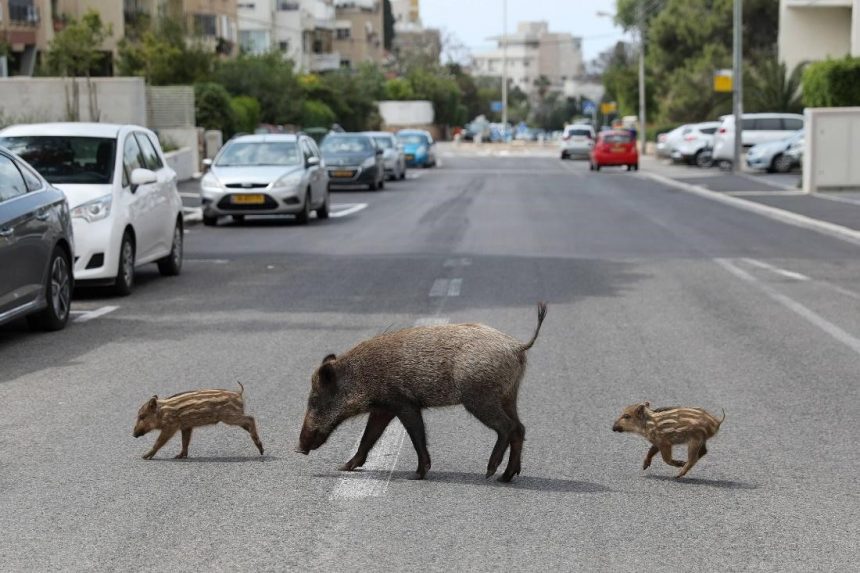By Natalie Taylor
The COVID-19 pandemic has brought some surprisingly positive upshots for the animal world. One of them is a global concern about “wet markets” and wildlife markets and a call to ban them permanently. Some areas have experienced reduced air pollution and cleaner waters, with the resulting increase in aquatic life. However, bad signs are here as well—poachers are taking advantage of diminished or absent controls in nature preserves. In Africa there’s an upsurge in the slaughter of black rhinos and more wildlife trafficking. In Colombia, poaching of wildcats has increased.
More benign and interesting effects, however, are showing up in the animal world. With humanity practically AWOL for many months in some parts of the world, nature’s responses have been quite amazing. Animals in empty zoos have been affected by the lack of humans. Personnel shortages mean fewer zookeepers and less interaction than the animals have been accustomed to. Some social animals appear to miss the attention of humans. A keeper in a wildlife park in New Zealand noticed that many animals continue to show up for their daily “meet the public” moment even though there is nobody to watch them.
Perhaps the most interesting aftermath of the lack of humans is that wild life has been—well, running wild. As beaches lie empty of humans there has been a massive increase in the hatching of baby turtles. Without people on the streets, many animals that never ventured into urban areas are now showing up—sea lions in an Argentine seaport scramble up to shuttered doors in search of food; roe deer roam through a city in Poland; mountain goats wander along sidewalks in Wales; lions sleep peacefully on a stretch of a normally tourist heavy highway in South Africa; and a wild sow crosses a city parkway in Haifa with her young in tow.
These scenarios remind me of one of the most fascinating books I’ve read. In his 2007 book “The World Without Us,” Alan Weisman shows just how tenuous a hold we humans have on the planet. In his hypothetical vision, all human life vanishes and quickly all we have built begins to crumble. Within a short time nature and its creatures recapture the earth, leaving behind only ruins of what we believed was “our” world.
It’s a frightening scenario, but it emphasizes how ephemeral our presence on earth is and how quickly other life forms take over when we are not present.

